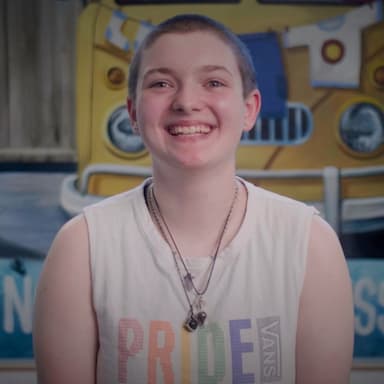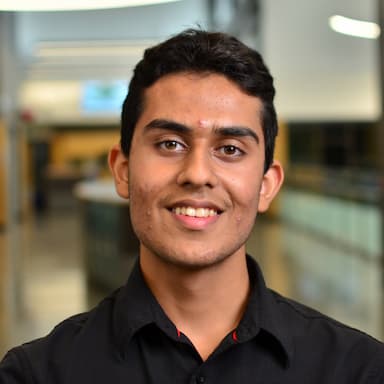Everyone will require a different safe space; everything will make a different person feel safe.
You know that a safe space is important, but how do you make it happen? Having a safe space is necessary for everyone to be their most authentic selves and feel welcome, represented and acknowledged. If you notice something that is making you feel unsafe, it’s important to speak up about it because it is likely also impacting others. By bringing it up with others in your school and community and working towards making a change, you are making your school or community a safer space for yourself and others.
When working in a group setting, one way you can create a safe space is by creating and using a Community Agreement with the group. This is where everyone involved has the chance to provide input into what the safe space will look like and decide on the group norms. By taking the step to create a safe space up front, you are setting the group up for success and ensuring everyone feels safe to participate fully.
Even when we take steps to create a safe space, sometimes this work can become overwhelming and people (including you) may need extra support. You can create a separate space to give individuals a chance to reset without others around. Consider having a trusted ally such as a teacher, counsellor or peer support worker on standby so they can step in if someone feels overwhelmed while there are other activities going on.
Actionable Insights
Ask for everyone’s preferred pronouns and use them! When introducing yourself, state your pronouns and ask others for theirs so everyone feels acknowledged (verbally and written).
Start every gathering or meeting with a land acknowledgement. Research the traditional territory you are on and practice acknowledging it until it feels natural and authentic.
Ask the group about their accessibility needs (physical and mental) and take steps to address them so everyone is able to participate comfortably.
Tools & Resources
- Check out Safe Space Essentials, through Balancing Our Minds [PDF]
- Language Matters Cheat Sheet, through Mental Health Commission of Canada [PDF]

Noia (he/they)
SurreyNoia (he/they) is a Grade 11 student that resides on the ancestral and traditional territories of the sq̓əc̓iy̓aɁɬ təməxʷ (Katzie), Qw'?ntl'en (Kwantlen), and SEMYOME (Semiahmoo) First Nations, also known as Surrey, BC, Canada. They started advocating for mental health at a young age by creating and leading a youth empowerment program in Grade 5. Noia also volunteered with his school's Inclusion program, working to bridge the gap between students with hearing impairments and hearing students. During the past few years, Noia has become a diversity team leader and a leader within the GSA (gender, sexuality alliance) community. Community advocacy continues to remain important as Noia works with non-profit Indigenous organizations to help with youth empowerment and cultural reclamation.

Ojas (he/him)
Maple RidgeOjas (he/him) is a Grade 10 high school student from Metro Vancouver, British Columbia. After feeling lonely during lunchtime a year ago, he created a Lunch Club and began pushing for mental health awareness in his school. The Lunch club gave students who didn't have someone to sit with a place to eat, as well as engage with others in a judge-free zone. Ojas hopes to spread the message that anyone can provide a safe and non-judging space for others who might be alone and find it difficult to make friends.